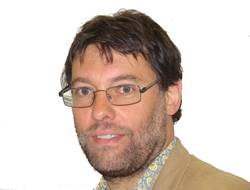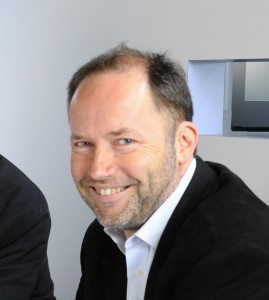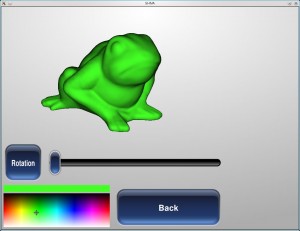The Winston Churchill Memorial Trust is looking for people who:
- Would benefit from experience overseas so that their effectiveness in their career or field of interest was enhanced
- Are in a position to disseminate their new knowledge and examples of best practice for the benefit of their communities and the UK
In the past the School of Tourism has been particularly successful in obtaining these fellowships with 4 members of staff (and 2 spouses) gaining awards. The funding is good, and being a fellow opens you up to a range of networks and opportunities that are often not normally easily accessible.
The categories for this year are listed below, and seem to cover most areas of interest in the University. It is important to pitch you application correctly, and there are qualifications as to who may apply (you need to be a British Citizen), so please feel free to come and have a chat. Closing date is 2 October 2012.
Science, Engineering & Technology: Applications are welcome from right across this wide field, especially with respect to the popularisation of science, reverse innovation and smart growth.
Environment, Food & Rural Affairs: Those involved in the countryside, food production, environment and conservation, including those interested in the natural environment and biodiversity and waste management.
Education: Applications are sought from those working to improve the achievement of students aged 5-19, with particular emphasis on English, Maths, Science and Technology. We are also seeking applications from Deputy Head Teachers who are future Head Teachers, in a joint project with the Farmington Trust.
Business, Industry & Commerce: We are especially interested in those running Social Enterprises who wish to learn from models overseas, particularly in emerging markets. We’re also keen to receive applications for projects focussed on making Corporate Social Responsibility more effective.
Medical and Health: Applications are welcome from across this wide spectrum, especially from those with an interest in alcohol-related health issues and continuity of care, both medical and management.
Communities that Work: This category is for those working in all areas of developing stronger and more effective communities. (This is the second year of a joint project with The Rank Foundation).
The Creative Industries: Applications are welcome from anyone in this wide field wishing to research new and innovative ideas from overseas.
The Arts and Older People: Those providing opportunities for older people in all aspects of music, dance, drama and the fine arts. (This is the second year of a joint 3 year project with The Baring Foundation).
Prison & Penal Reform: Those involved in prison and penal reform and related sentencing issues, who are interested in projects that reduce re-offending and contribute to a just, humane and effective penal system. (A joint project with The Prison Reform Trust and supported by the ICPS)
Open: Anyone with an appropriate project not covered by other categories, including Exploration (expedition leaders only), and Music Education (a joint project with The Finzi Trust), should apply here.
Further details at: http://www.wcmt.org.uk/







 Watch this excellent short video from BU’s Prof Stuart Allan on the relationship between the study of journalism and the study of democracy, through work funded by the
Watch this excellent short video from BU’s Prof Stuart Allan on the relationship between the study of journalism and the study of democracy, through work funded by the 

















 Free event on Solutions to Inequalities in Dementia Diagnosis and Care
Free event on Solutions to Inequalities in Dementia Diagnosis and Care BU attendance at third annual GCPHR meeting in June
BU attendance at third annual GCPHR meeting in June Interactive Tangible and Intangible Heritage Applications – BU student work featured in new book chapter
Interactive Tangible and Intangible Heritage Applications – BU student work featured in new book chapter Second NIHR MIHERC meeting in Bournemouth this week
Second NIHR MIHERC meeting in Bournemouth this week MSCA Postdoctoral Fellowships 2025 Call
MSCA Postdoctoral Fellowships 2025 Call ERC Advanced Grant 2025 Webinar
ERC Advanced Grant 2025 Webinar Horizon Europe Work Programme 2025 Published
Horizon Europe Work Programme 2025 Published Horizon Europe 2025 Work Programme pre-Published
Horizon Europe 2025 Work Programme pre-Published Update on UKRO services
Update on UKRO services European research project exploring use of ‘virtual twins’ to better manage metabolic associated fatty liver disease
European research project exploring use of ‘virtual twins’ to better manage metabolic associated fatty liver disease